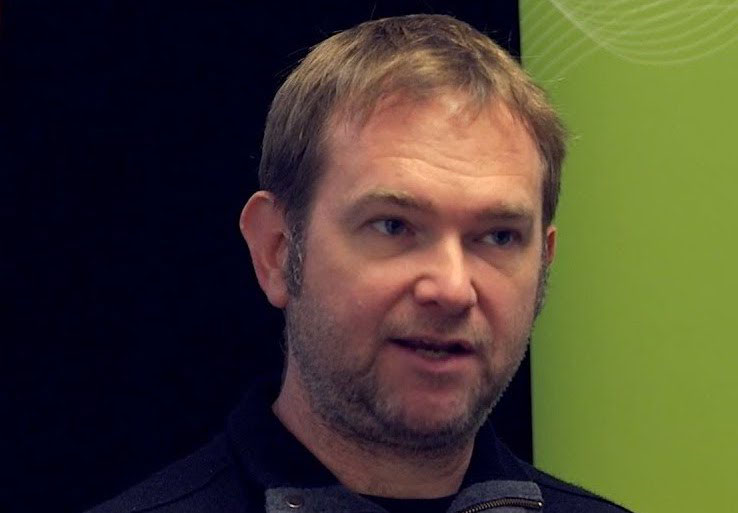2025-02-04, 10:10–11:00, D.Aud (Main)
Drawing on principles from Lean thinking, value stream mapping, and Team Topologies, this talk explores how to change the way we design and build Infrastructure as Code to accelerate development rather than create bottlenecks.
Infrastructure-as-code and cloud technologies ought to make software delivery effortless, but for many teams environments are still bottlenecks. Development teams wait for environments, clean up after each other, and depend on infrastructure teams for basic changes. Meanwhile, infrastructure teams are caught in an endless cycle of maintenance and minor updates instead of driving platform innovation.
Drawing on principles from Lean thinking, value stream mapping, and Team Topologies, this talk explores why traditional infrastructure code practices create delivery bottlenecks rather than accelerate development. You'll learn practical patterns for:
Separating environment provisioning from infrastructure evolution
Enabling development teams to self-serve environments
Freeing infrastructure teams to focus on meaningful platform improvements
Leave with concrete strategies to transform your infrastructure from a bottleneck into an enabler of rapid, reliable software delivery.
Kief Morris (he/him) is the author of the O’Reilly book Infrastructure as Code, and is the Global Community of Practice Lead for Infrastructure Engineering at Thoughtworks. He works with clients and project teams around the world to explore, shape, and share better ways of working with cloud and infrastructure architecture.
Kief started out as a developer and systems administrator in the dot-com boom days, then worked with a series of digital scaleups applying infrastructure automation before it was a thing. He joined Thoughtworks in 2010 as the wider industry was discovering Infrastructure as Code, DevOps, and Cloud, which gave him the opportunity to bring what he had learned in the previous fifteen years to enterprise clients in many industries and many countries.
He wrote the book Infrastructure as Code (third edition underway) to share these ideas with a wider audience, which has given him a platform to meet and learn from an ever-growing variety of people and organizations.
